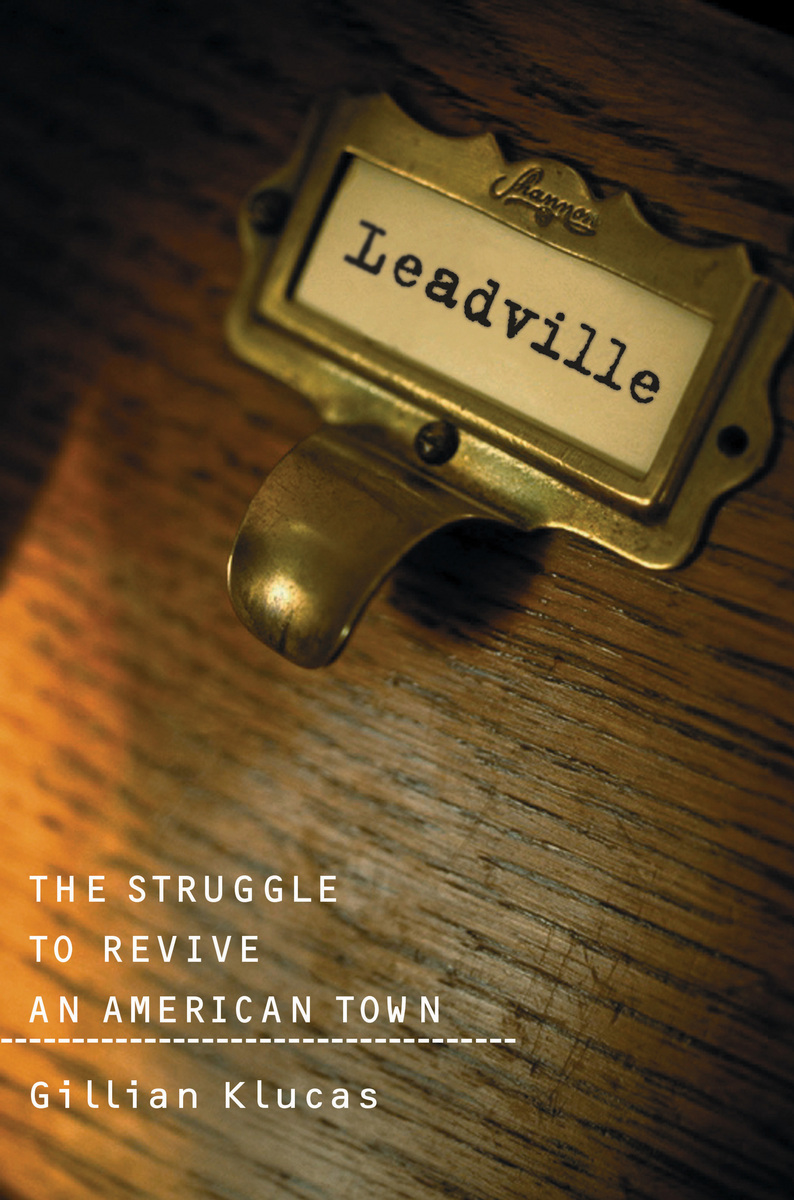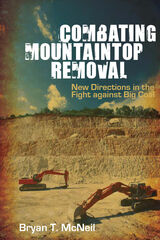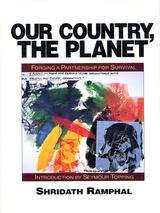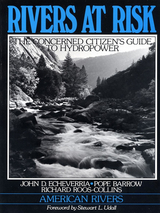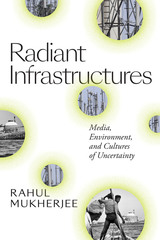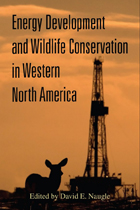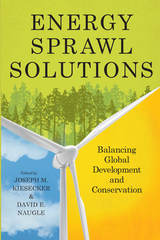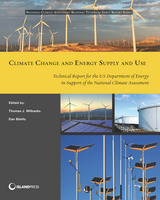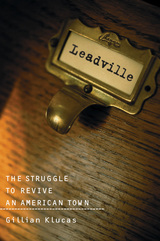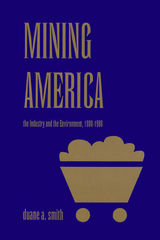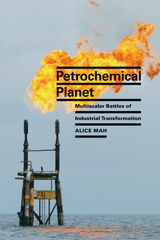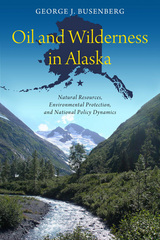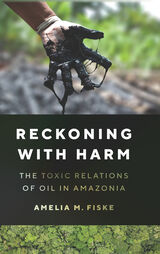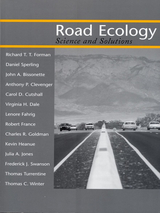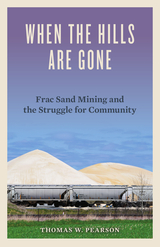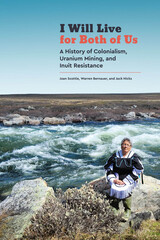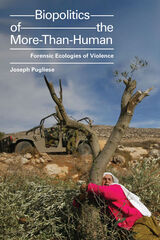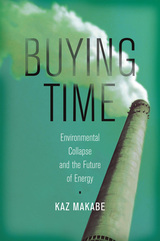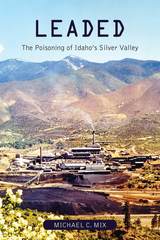Cloth: 978-1-55963-385-7 | eISBN: 978-1-59726-186-9 (all)
Library of Congress Classification TD195.M5K58 2004
Dewey Decimal Classification 363.73840978846
Leadville explores the clash between a small mining town high up in Colorado's Rocky Mountains and the federal government, determined to clean up the toxic mess left from a hundred years of mining.
Set amidst the historic streets and buildings reflecting the town's past glory as one of the richest nineteenth-century mining districts in North America-a history populated with characters such as Meyer Guggenheim and the Titanic's unsinkable Molly Brown-the Leadville Gillian Klucas portrays became a battleground in the 1980s and 1990s.
The tale begins one morning in 1983 when a flood of toxic mining waste washes past the Smith Ranch and down the headwaters of the Arkansas River. The event presages a Superfund cleanup campaign that draws national attention, sparks local protest, and triggers the intervention of an antagonistic state representative.
Just as the Environmental Protection Agency comes to town telling the community that their celebrated mining heritage is a public health and environmental hazard, the mining industry abandons Leadville, throwing the town into economic chaos. Klucas unveils the events that resulted from this volatile formula and the remarkable turnaround that followed.
The author's well-grounded perspective, in-depth interviews with participants, and keen insights make Leadville a portrait vivid with characterizations that could fill the pages of a novel. But because this is a real story with real people, It shows the reality behind the Western mystique and explores the challenges to local autonomy and community identity brought by a struggle for economic survival, unyielding government policy, and long-term health consequences induced by extractive-industry practices.
The proud Westerners of Leadville didn't realize they would be tangling with a young and vigorous Environmental Protection Agency in a modern-day version of an old Western standoff. In the process, Klucas shows, both sides would be forced to address hard questions about identity and the future with implications that reach far beyond Leadville and the beautiful high valley that nurtures it.
See other books on: Citizen participation | Colorado | Pollution | Struggle | Water
See other titles from Island Press
